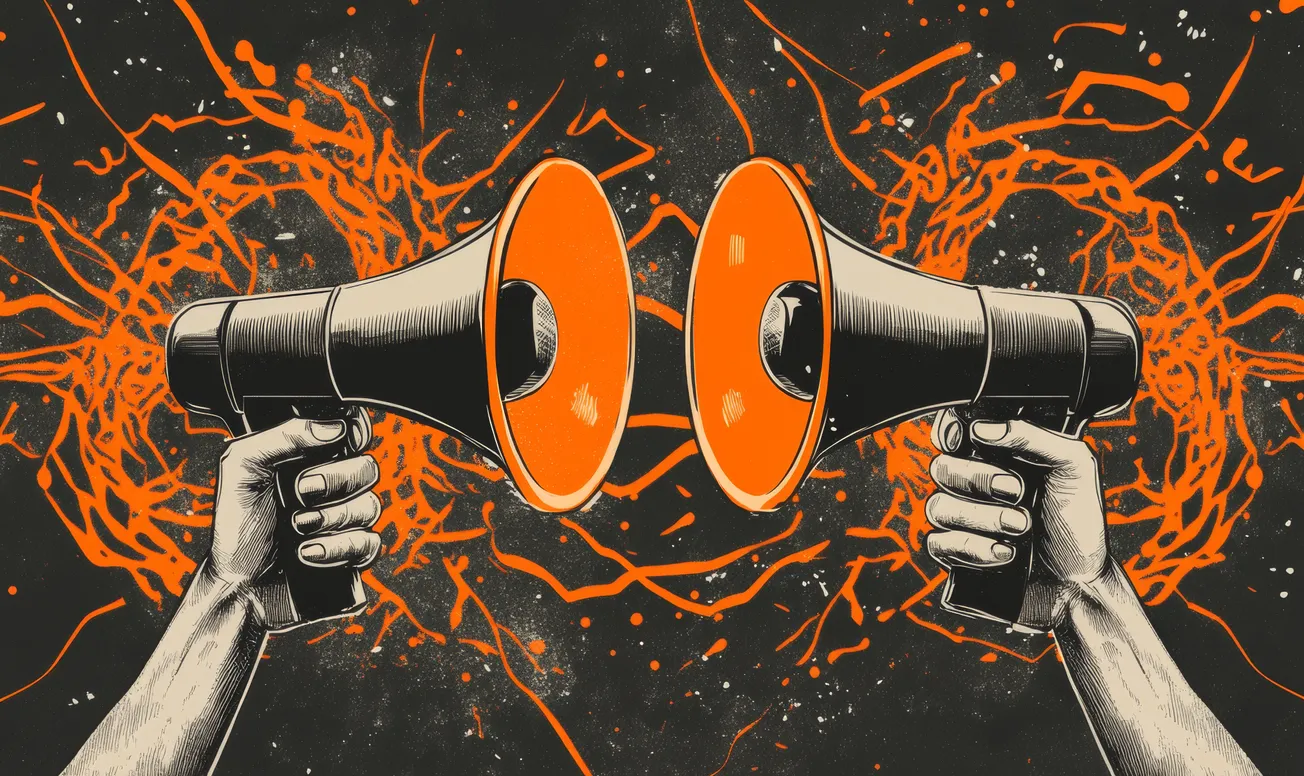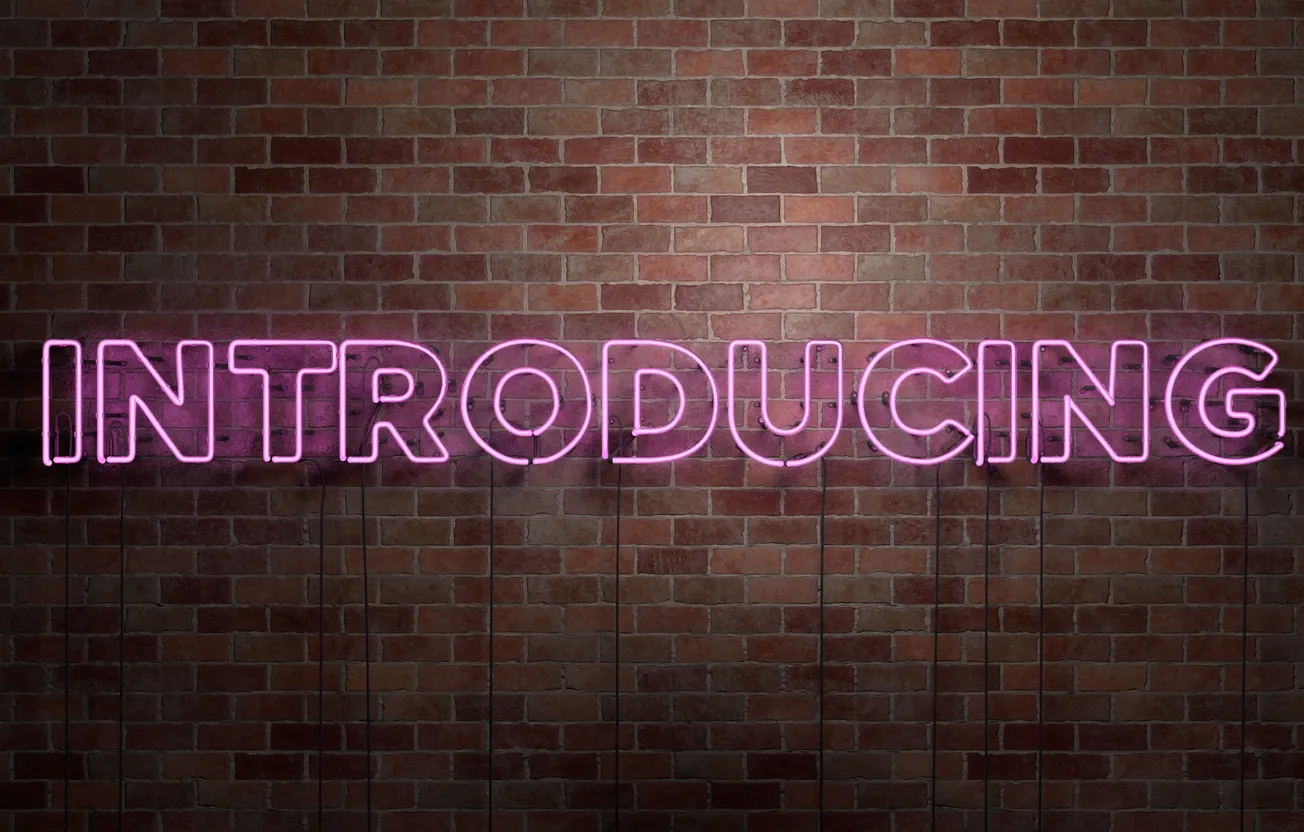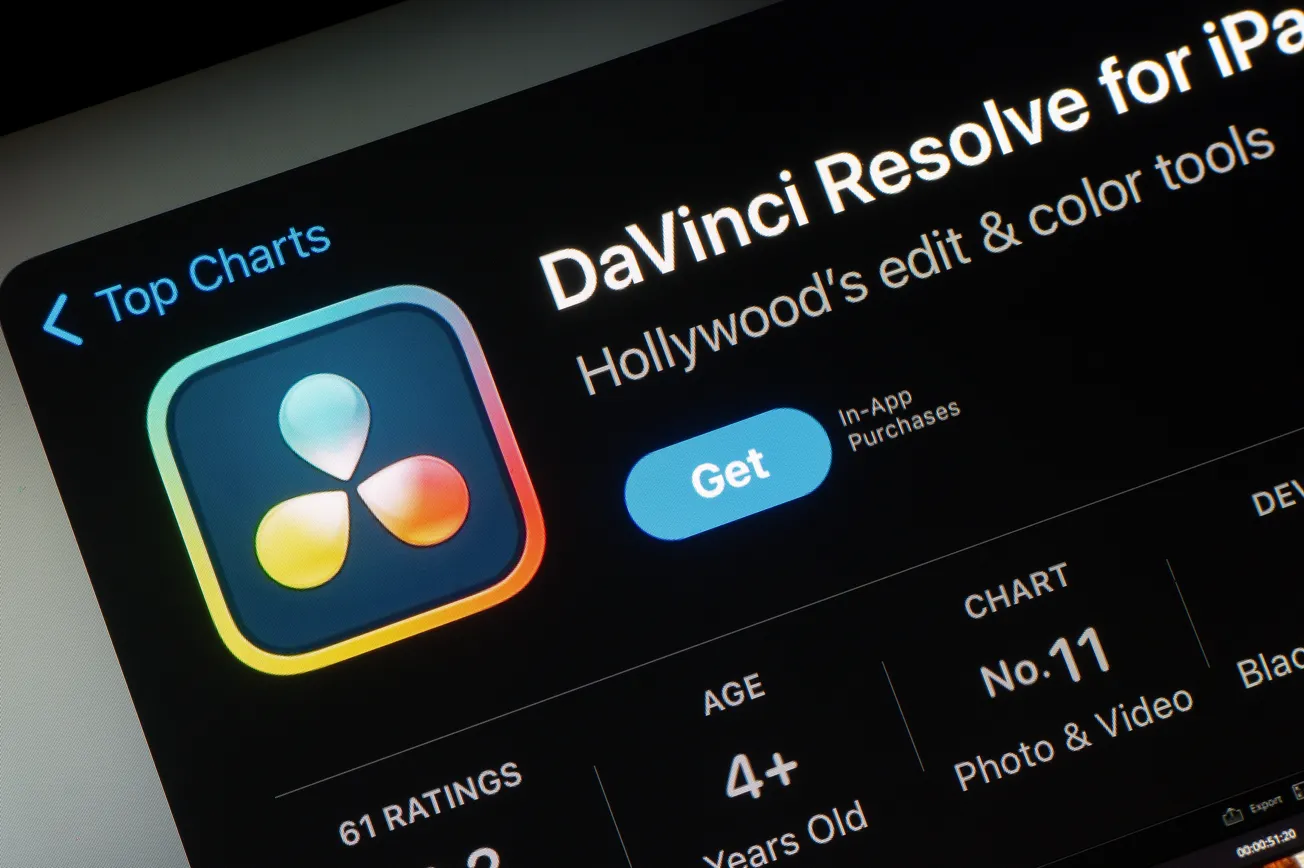The integration of artificial intelligence into podcast content creation has revolutionized the industry, offering tools that streamline production, enhance creativity, and democratize access.
ElevenLabs has introduced a feature that converts text-based content into conversational, podcast-style audio. This tool allows users to input documents, articles, or emails, which the AI then transforms into engaging audio formats.
By synthesizing vocal emotion and intonation, the AI produces lifelike speech, making information more accessible and engaging. This technology is particularly beneficial for content creators seeking to repurpose written material into audio formats without extensive recording sessions.
Spotify has integrated AI powered by Google's NotebookLM, these podcasts feature synthetic hosts discussing users' most-played tracks and favorite artists, providing a personalized recap of their musical journey. This innovation offers a novel way for users to engage with their listening data, making the experience more interactive and personalized.
NotebookLM serves as a virtual research assistant, capable of generating summaries, explanations, and answers based on user-uploaded content. A notable feature, "Audio Overviews," summarizes documents in a conversational, podcast-like format, enabling users to listen to complex information in an engaging manner. This tool is valuable for researchers, students, and professionals aiming to digest large volumes of information efficiently.
Wondercraft simplifies podcast creation by generating scripts and providing a library of hyper-realistic AI voices to host shows. Users can enhance episodes with royalty-free music and sound effects, facilitating the production of professional-quality podcasts without extensive resources. This tool is ideal for creators looking to produce content efficiently while maintaining high audio standards.
Otter.ai offers AI-powered audio transcription services that transcribe meetings, lectures, and podcasts in real-time. The platform provides features like screenshot capture and meeting summaries, aiding content creators in efficiently managing and repurposing audio content. This service is particularly useful for podcasters who need accurate transcriptions for show notes, blogs, or accessibility purposes.
Capsho is an AI-driven copywriting tool designed specifically for podcasters. After uploading an audio file, Capsho generates episode titles, descriptions, show notes, blog posts, and emails, streamlining the content creation process. This tool assists podcasters in effectively promoting their episodes and engaging with their audience through various content formats.
Adobe's Enhanced Speech is an AI tool that improves the quality of recorded speech, converting muffled or noisy audio into studio-grade quality. Users can upload audio files, and the AI filters out background noise, adjusts pitch and volume levels, and normalizes the audio. This tool is beneficial for podcasters aiming to enhance audio quality without investing in expensive recording equipment.
PodReels is a tool that assists in creating video podcast teasers by combining human creativity with AI capabilities. It helps in selecting interesting clips and editing them into cohesive, well-produced teasers, reducing the mental demand and improving efficiency in producing promotional content. This tool is valuable for podcasters aiming to attract new audiences through engaging video snippets.
AutoGPT is an AI tool capable of automating workflows, analyzing data, and generating content such as blogs or podcasts. It can break down large tasks into sub-tasks, perform them sequentially, and connect to the internet for up-to-date information retrieval. This tool is beneficial for podcasters seeking to automate research and content generation processes.
Implications for Content Creators
The advent of these AI tools democratizes podcast creation, allowing individuals and small teams to produce high-quality content without extensive resources. They streamline various aspects of production—from scripting and recording to editing and promotion—enabling creators to focus more on content quality and audience engagement.
However, reliance on AI-generated content raises concerns about authenticity and the potential loss of the human touch that characterizes traditional podcasting.
While AI offers numerous benefits, it also presents challenges, including the potential for misuse in creating deepfakes or spreading misinformation. The ethical use of AI in content creation necessitates robust guidelines and safeguards to prevent abuse.
Companies like ElevenLabs have implemented measures to restrict the cloning of voices for abusive purposes, highlighting the industry's awareness of these issues.
As AI technology continues to evolve, its integration into podcasting is expected to deepen, offering more sophisticated tools that further enhance creativity and efficiency. The focus will likely shift towards developing AI systems that can collaborate seamlessly with human creators, maintaining the authenticity of content while leveraging the benefits of automation.










